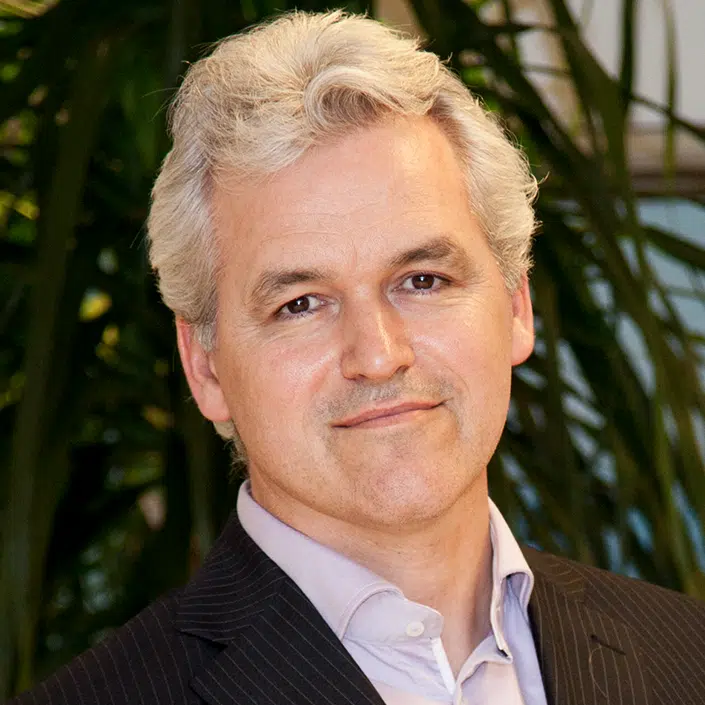In an era marked by rapid change and unprecedented challenges, the traditional, linear business model is increasingly becoming obsolete. Today’s organizations must transcend old paradigms to thrive in a complex, interconnected world. At RoundMap®, we envision a future-fit organization that embraces a holistic, cyclical, and adaptive approach to business. This new model integrates whole-system thinking, continuous innovation, and collaborative empowerment, creating a resilient and sustainable enterprise that drives long-term value for all stakeholders.
Our framework outlines ten key attributes essential for future-fit organizations. From purpose-driven operations and distributed leadership to strategic agility and customer empowerment, these elements form the bedrock of a resilient and adaptive business model. By fostering interconnectedness and breaking down traditional silos, future-fit organizations are equipped to navigate modern complexities while making a positive impact on society and the environment.
Join us as we explore the characteristics that define a future-fit organization and how they can transform your business into a powerhouse of innovation, collaboration, and sustainable success. Discover how embracing these principles can help your organization survive and thrive in today’s dynamic landscape.
A future-fit organization, based on the comprehensive RoundMap framework, can be defined as follows:
Future-Fit Organization
A future-fit organization leverages a holistic, cyclical, and adaptive approach to business, embracing the principles of whole-system thinking, continuous innovation, and collaborative empowerment. Such an organization thrives on breaking traditional silos and fostering interconnectedness among stakeholders, ensuring long-term success and sustainability.
Key Attributes:
Continue Reading: Transformative Journeys
Continue Reading: Framework 101 – Innovation over Scale
Continue Reading: Corporate Dynamics – Customer Lifecycle Map
Continue Reading: Framework 101
Continue Reading: Distributed Leadership – Consentricity
Continue Reading: The All-Round Advantage
Continue Reading: Strategic Agility Matrix
Continue Reading: The All-Round Advantage
Continue Reading: Business Navigator – Framework 101
Continue Reading: Business Navigator – Framework 101
By embodying these attributes, a future-fit organization navigates the complexities of the modern business landscape and leads with purpose and impact, ensuring enduring success and relevance.
Author
-
Edwin Korver is a polymath celebrated for his mastery of systems thinking and integral philosophy, particularly in intricate business transformations. His company, CROSS-SILO, embodies his unwavering belief in the interdependence of stakeholders and the pivotal role of value creation in fostering growth, complemented by the power of storytelling to convey that value. Edwin pioneered the RoundMap®, an all-encompassing business framework. He envisions a future where business harmonizes profit with compassion, common sense, and EQuitability, a vision he explores further in his forthcoming book, "Leading from the Whole."
View all posts

